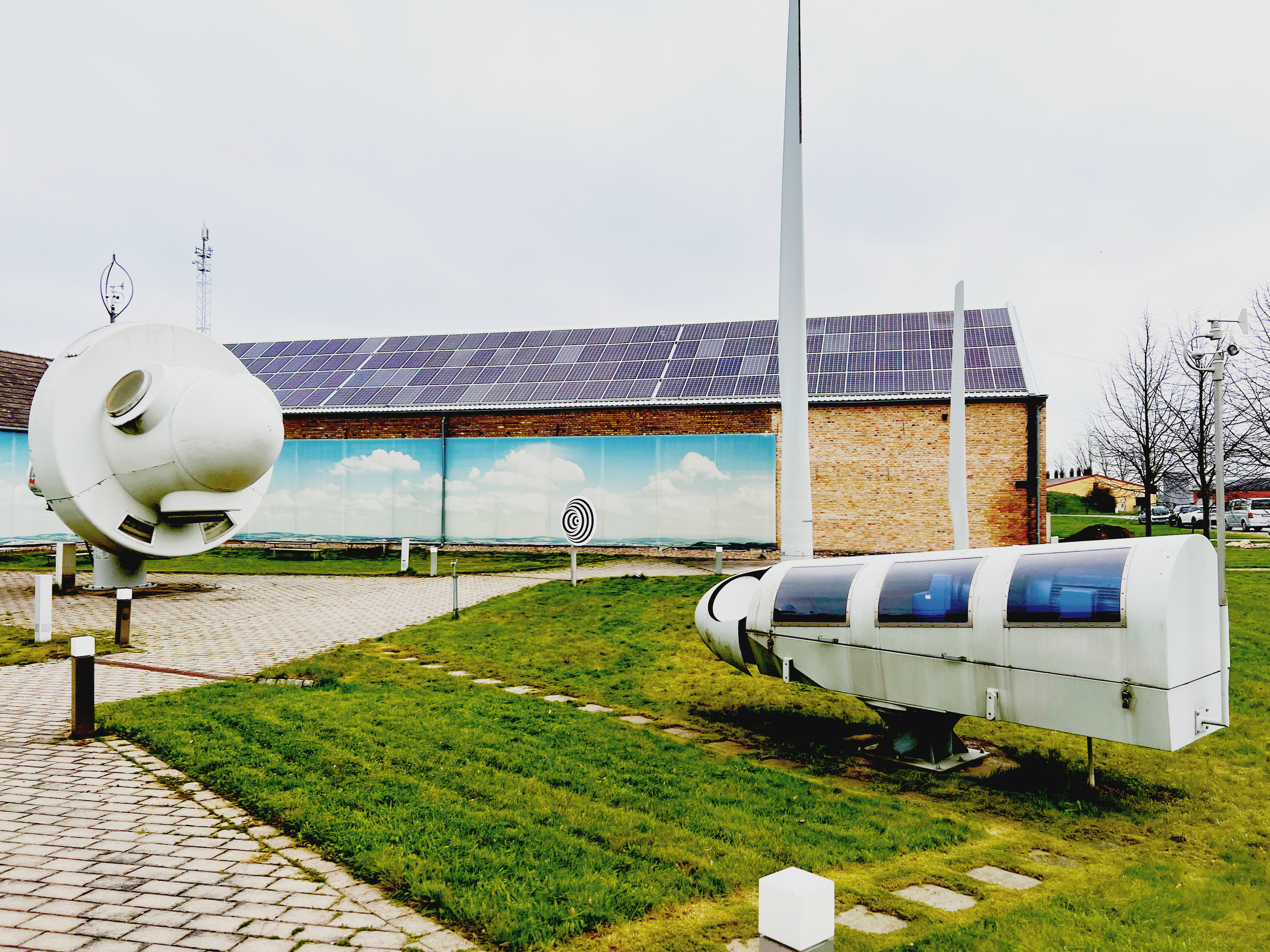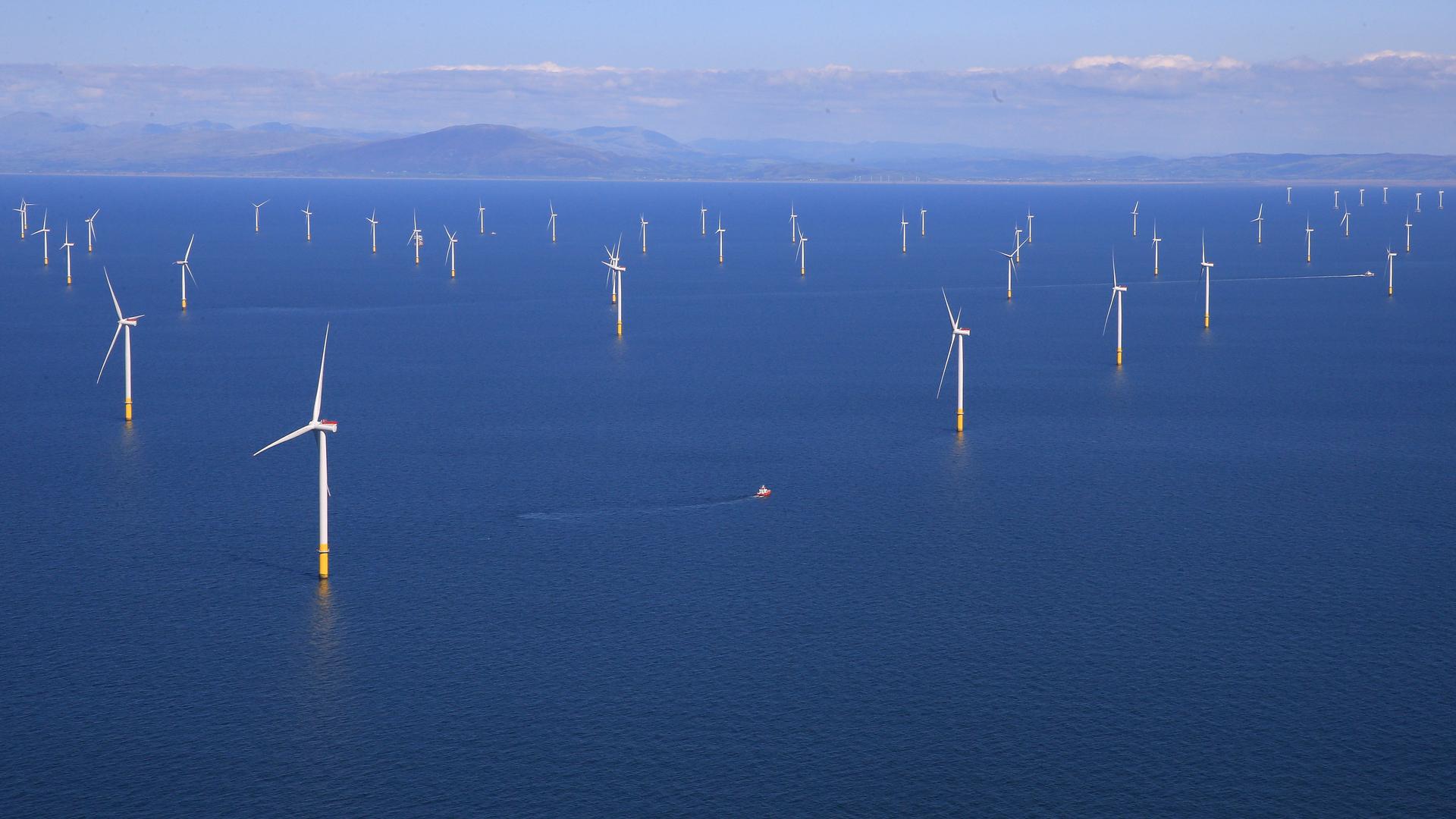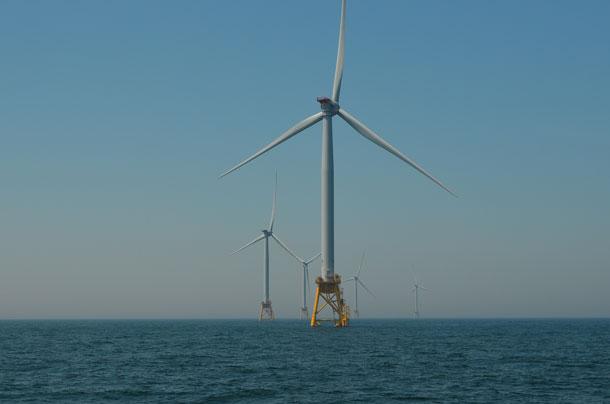Wind power
War in Ukraine speeding up Germany’s transition to renewables
Russia’s full-scale invasion of Ukraine last year upended energy markets throughout Europe. No country was hit harder than Germany. At the time, more than half of Germany’s gas came from Russia. In the short term, the country had to double down on fossil fuels: keeping coal-fired power plants open longer and building new liquefied natural gas terminals. But in the long term, the war pushed a government falling behind on renewable energy goals to enact some ambitious new policies.
We want to hear your feedback so we can keep improving our website, theworld.org. Please fill out this quick survey and let us know your thoughts (your answers will be anonymous). Thanks for your time!
This family is already being hurt by climate change. They might also be hurt by a solution.
Sámi reindeer-herding families in northern Scandinavia are being hit hard by the impacts of climate change. But some may also suffer from an effort to help address climate change — a big wind farm, being built right through their herding grounds.
The reign of ‘King Coal’ may be coming to an end. What’s next?
New data suggest that coal is no long the primary source of electrical power in the US. A new economic analysis suggests the transition to renewables will have economic benefits, as well. What does this mean for the future of energy in the US and around the world?
The ‘Great Energy Transition’ is already underway, according to a new book
In many places around the world, renewable energy technologies are already cheaper than fossil fuels. In his new book, “The Great Transition,” Lester Brown, renowned environmental thinker and writer, says the great energy transition may be complete much sooner than you think.
Subscribe to The World’s Latest Edition podcast for free using your favorite podcast player:


